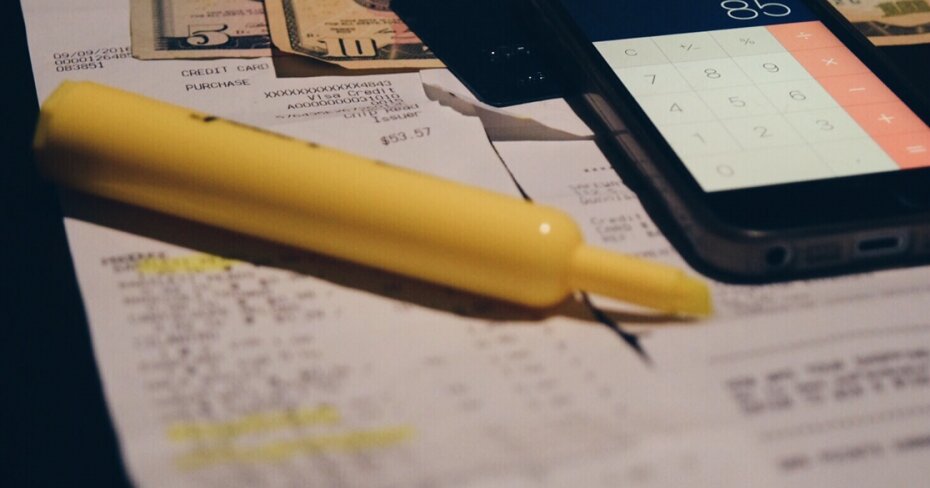Automating your money: helpful or harmful?
By: Nelson Smith on November 3, 2016
Being an adult is a lot easier today than it was 20 years ago, especially when it comes to managing money.
Take paying bills for example. On the 31st of every month, I get a text telling me that my cell phone provider has automatically processed my payment, taking it off my credit card. The same thing happens with my internet provider, mortgage payments, power, natural gas, and so on.
Hell, I don’t even have to remember to pay my credit card! It automatically takes the balance from my chequing account each month. (Granted, this was a bit of a pain to set up because credit card companies would rather I miss my payment and owe them interest, but I digress.)
But I don’t just enjoy saving time. As my wife reminds me almost daily, I’m a tad forgetful. Back when I got paper statements from companies, I would open the bill and then put it aside, where it would sit for weeks. I’d then stumble upon it, usually a day or two before the due date, and pay it.
That’s not the way to be mindful of your finances. That’s why I automate my finances whenever I can. Easy solutions, for my money, are often the best solutions. But automating your finances comes with its own series of concerns. Here are a few downsides to the process:
The dark side of automation
My credit card company is fantastic. Not only have I never had my card compromised, but I’ve actually been phoned a few times because a legitimate purchase looked suspicious. That’s one call from a financial institution that I don’t mind getting.
My friend, on the other hand, wasn’t so fortunate. Someone gained access to his credit card and charged a few hundred dollars to his account. He didn’t notice until he got his statement in the mail. He quickly notified them of the fraudulent purchases and the credit card company took care of it.
It’s easy to see why he was grateful that he didn’t automate that part of his finances. He easily could have because he had the cash in his account to cover the charges. But if he had fully automated his credit card payments, like I have, there’s a chance he would have missed the fraudulent charges.
Automation can also lead to other shortfalls. Say you get paid $2,000 at the end of the month. With automation, the cash would be quickly whisked off to pay bills, contribute to a retirement plan, pay off debt, and so on.
But what happens if the cash doesn’t come on time? The automated deduction schedule doesn’t know that, and creditors will try to grab money that isn’t there. This could result in late payment penalties or expensive overdraft charges.
There’s also the psychological impact of automating your finances. The logic goes something like this: if you manually pay each of your bills each month, it hurts a little more — you’re more in touch with what’s coming in and what’s going out. Pretty sure you’ll be more interested in saving money if you’re actually aware of it leaving. Kind of like the argument for using cash over plastic — it’s all about becoming more aware of your money decisions instead of automating them.
Full disclosure
I’m a huge fan of automating my finances. It’s quick, easy, and I’m happy knowing I won’t have to deal with the embarrassment of late payments. I’m more confident in my credit score too because I know paying off my bills on time is an important credit building factor.
But at the same time, the process does have certain downfalls. If your finances are really tight, it might not be the best idea. And it can lead to a certain detachment from financial payments and behaviours.
My best advice: automate, but don’t forget what’s being automated. It’s your money, so make sure you know exactly what’s happening to it.


